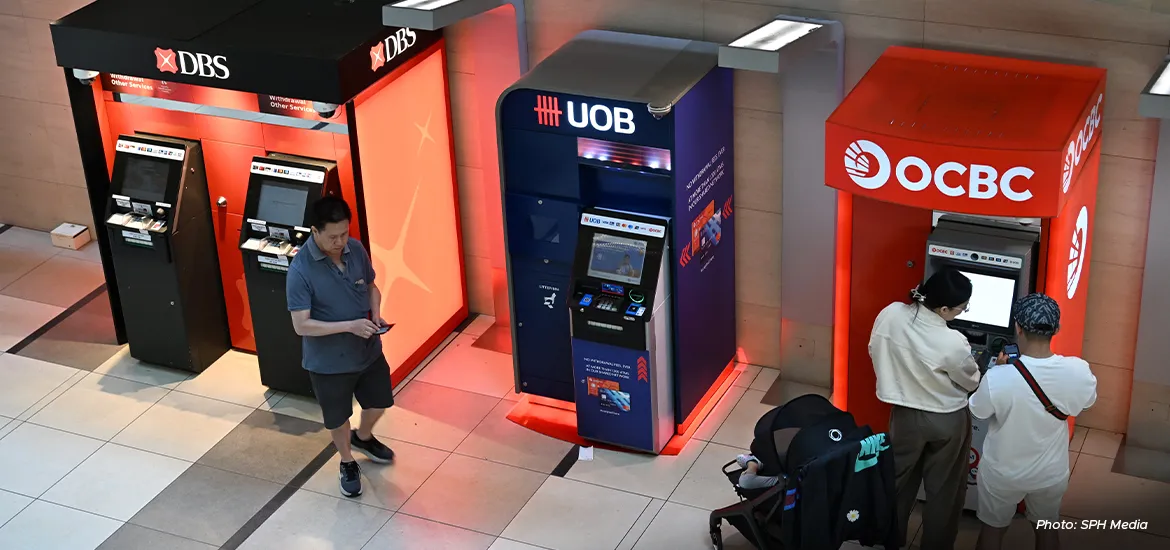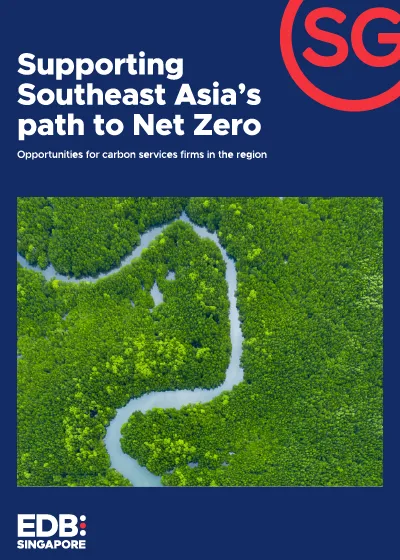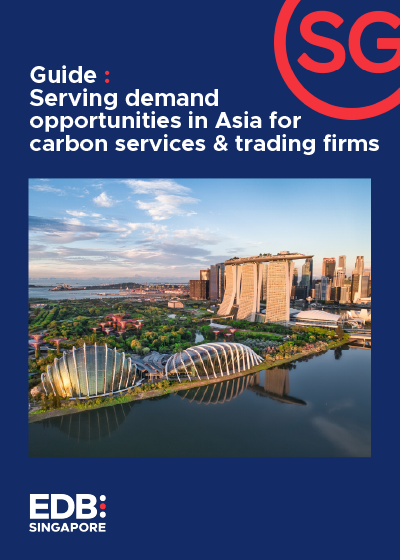Banks in Singapore have the most detailed and ambitious decarbonisation policies among advanced economies in Asia, according to a recent report by sustainability-focused consulting company Asia Research and Engagement (ARE).
The report by ARE assessed the climate goals of nine banks in Singapore, Japan, and South Korea across their policy, governance, and risk management actions.
According to the report, the three Singapore banks — DBS Bank, OCBC Bank, and UOB — are the only ones in advanced Asia that have set targets, both medium- and long-term, on how they plan to reduce financed emissions for key carbon-intensive sectors that are aligned with a pathway that limits global warming to no more than 1.5 degrees Celsius.
They also have the most ambitious decarbonisation policies to reduce emissions in the oil and gas sector. OCBC and UOB have pledged to cease financing for the upstream portion of the value chain, while DBS has set a 2050 target to reduce the absolute financed emissions in the sector.
The report noted that they are the only banks in advanced Asia that have included facilitated emissions — which refer to off-balance-sheet emissions arising from capital market services and transactions — in their net-zero-by-2050 commitments.
“The Singapore banks’ plans represent the most comprehensive plans among Asian banks to align financing of carbon-intensive industries with global benchmarks such as the International Energy Agency’s net zero emissions scenario,” read the ARE report released on 29 August.









